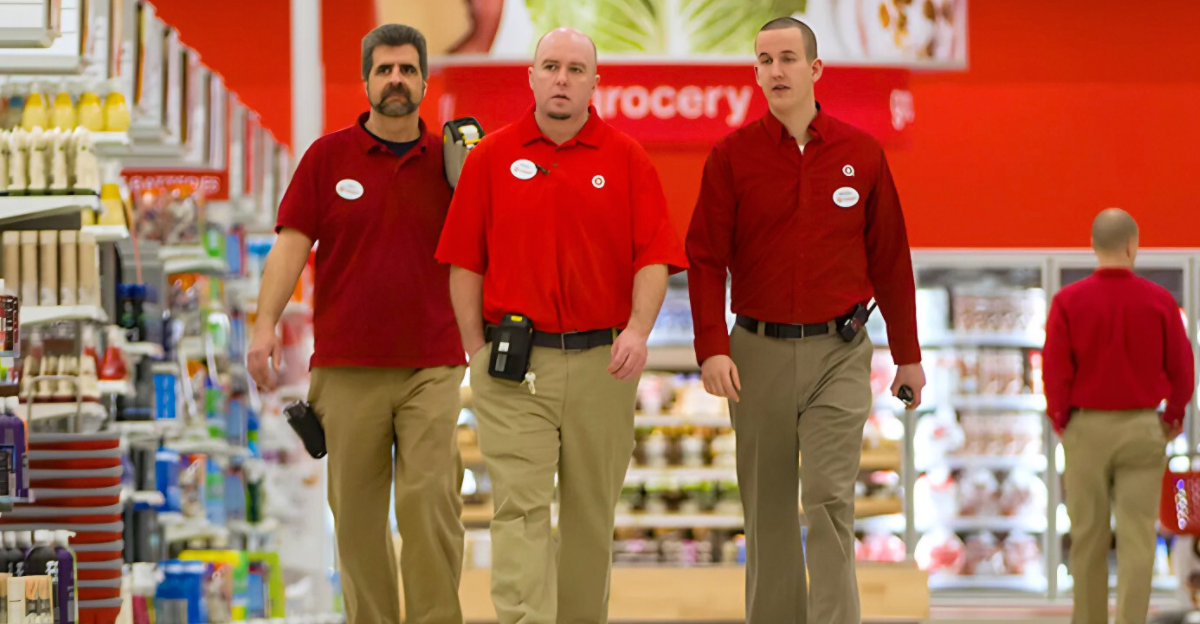
In a striking move reflecting its corporate strategy, Target has announced a significant change to its workplace policy, mandating the return of thousands of employees to its Minneapolis headquarters. Starting September 2, 2025, staff in merchandising and sourcing roles will be required to work in-person at least three days a week.
As Chief Commercial Officer Rick Gomez stated, “More time together will help us grow our business faster,” underscoring the urgency of the company’s desire to foster collaboration amid slipping sales and rising customer dissatisfaction.
The Context of Unrest
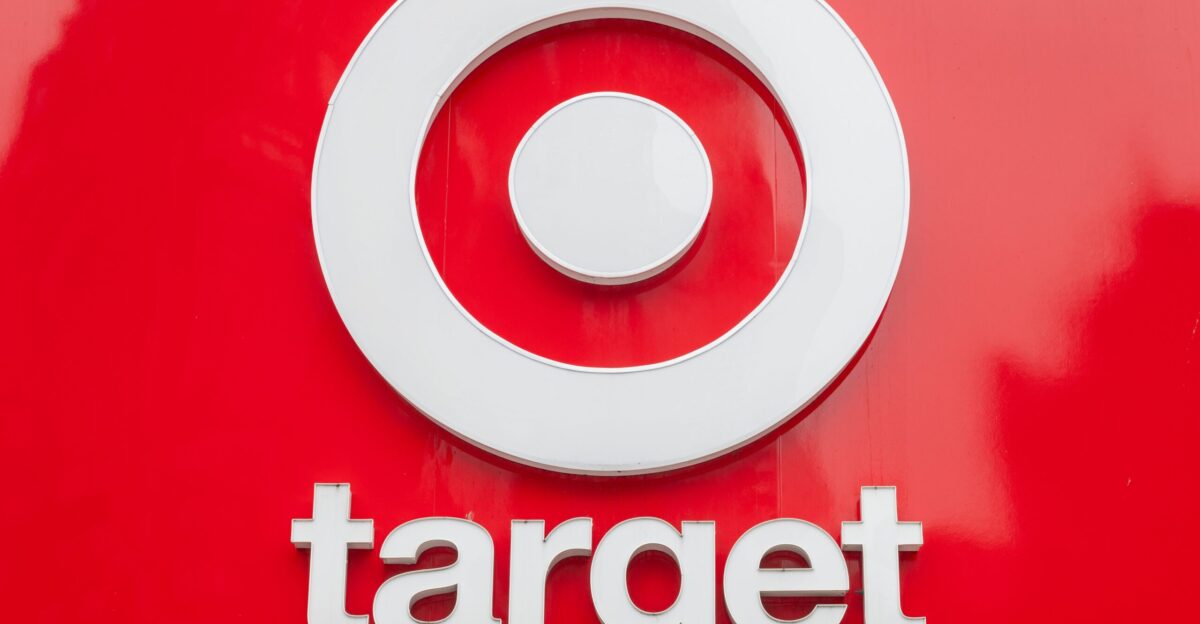
This workplace shift comes as Target is grappling with mounting challenges. Frustrated consumers are voicing their discontent, and a politically charged backlash has emerged. In early 2025, calls to boycott the brand gained traction after the company scaled back its diversity and inclusion efforts, decisions criticized by civil rights advocates and progressive consumers.
The pressures of inflation and trade tariffs have further strained the brand’s reputation, complicating Target’s efforts to remain competitive.
Industry-Wide Trends
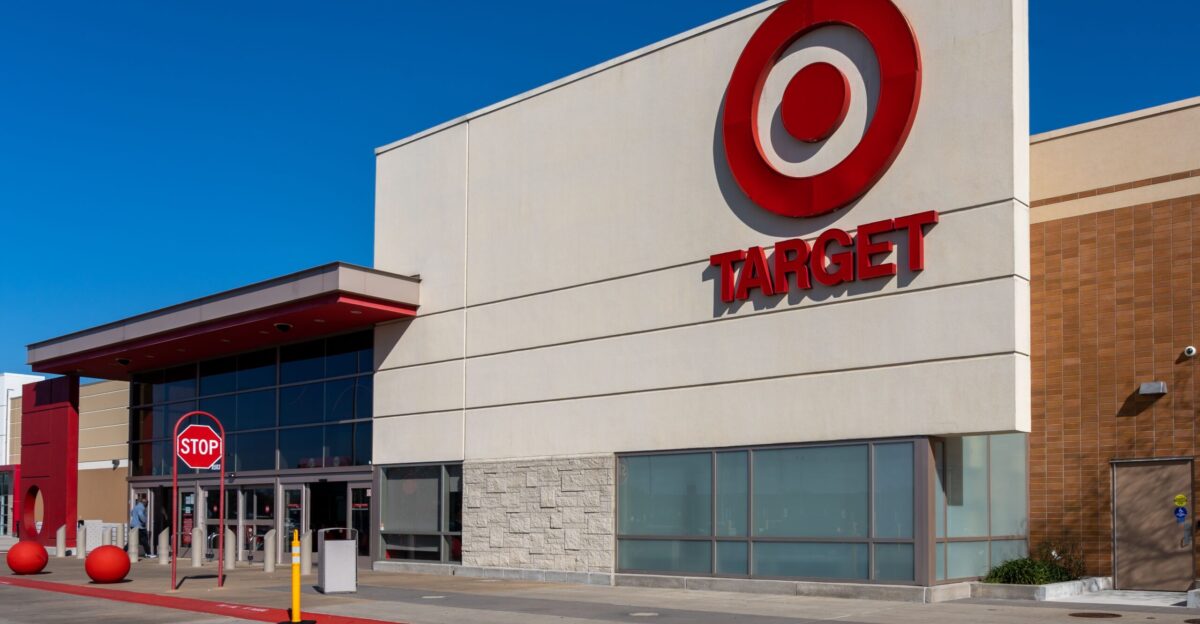
Target isn’t alone in this workplace pivot. Since 2023, major corporations like Amazon, JPMorgan Chase, Meta, and Dell have adopted firm stances on return-to-office policies. Even as remote work thrived in the wake of the pandemic, these companies argue that innovation and execution falter without face-to-face collaboration.
For retailers like Target, the urgency stems from razor-thin profit margins and shifting consumer behaviors, signaling a potential end to the pandemic-era leniency in white-collar work.
The Economic Pressure Cooker

Behind this policy shift are significant economic challenges. Target reported a 3.8% decline in comparable-store sales and a 4.8% drop in store traffic in Q1 2025, marking three consecutive quarters of slowing performance.
Executives attribute these declines to a combination of inflation, tariff-induced cost hikes, and damage from controversies over cultural issues. One retail analyst remarked, “Consumers are voting with their wallets,” highlighting a growing trend of spending pullback, especially among younger demographics.
The Mandate’s Implementation

On July 2, Target circulated an internal memo announcing the requirement for corporate staff, particularly in key departments like merchandising, to return to the office for at least three days a week. This shift signifies a clear break from the previously flexible hybrid model.
Although team leads have some discretion over the days employees work in-office, the policy is presented as a firm requirement. Target is optimistic that increased physical attendance will drive operational efficiencies and reinforce team dynamics.
Local Impact on Minneapolis
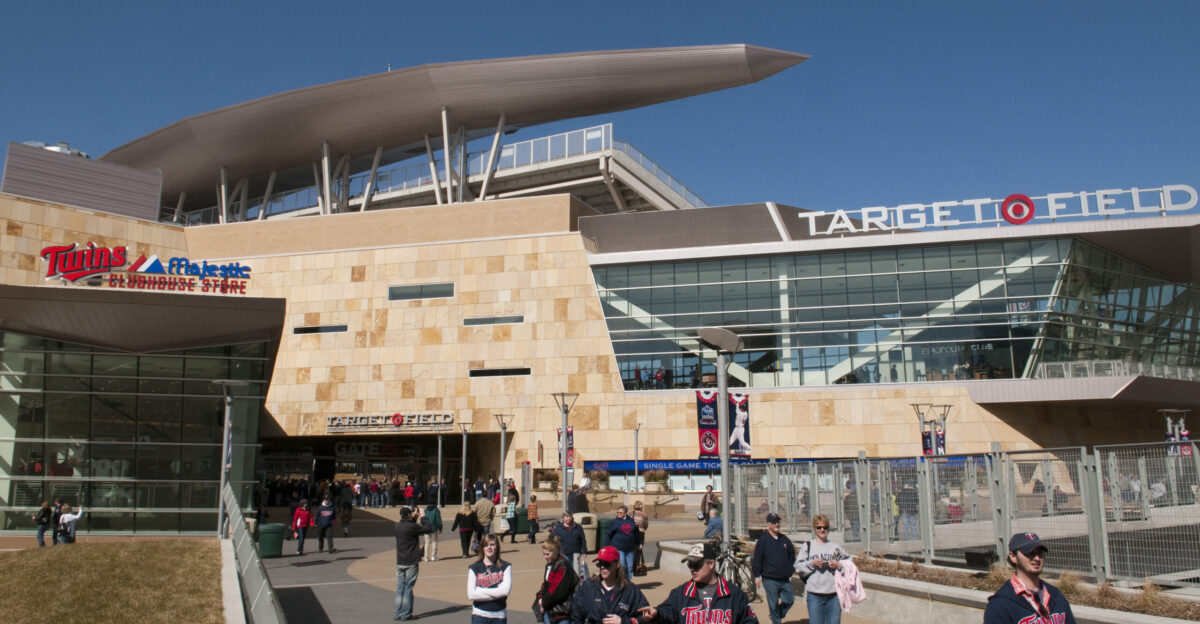
The immediate effects of this policy will be felt most acutely in Minneapolis, where Target’s headquarters is located. Increased employee attendance is expected to boost downtown foot traffic and aid in recovering local commercial real estate, which has struggled in recent quarters.
However, some employees are expressing concerns. “Many of us moved away for a reason during the pandemic,” noted a long-time staffer. “Returning to the office feels like an inconvenience after we adapted to remote work.”
Employee Sentiment
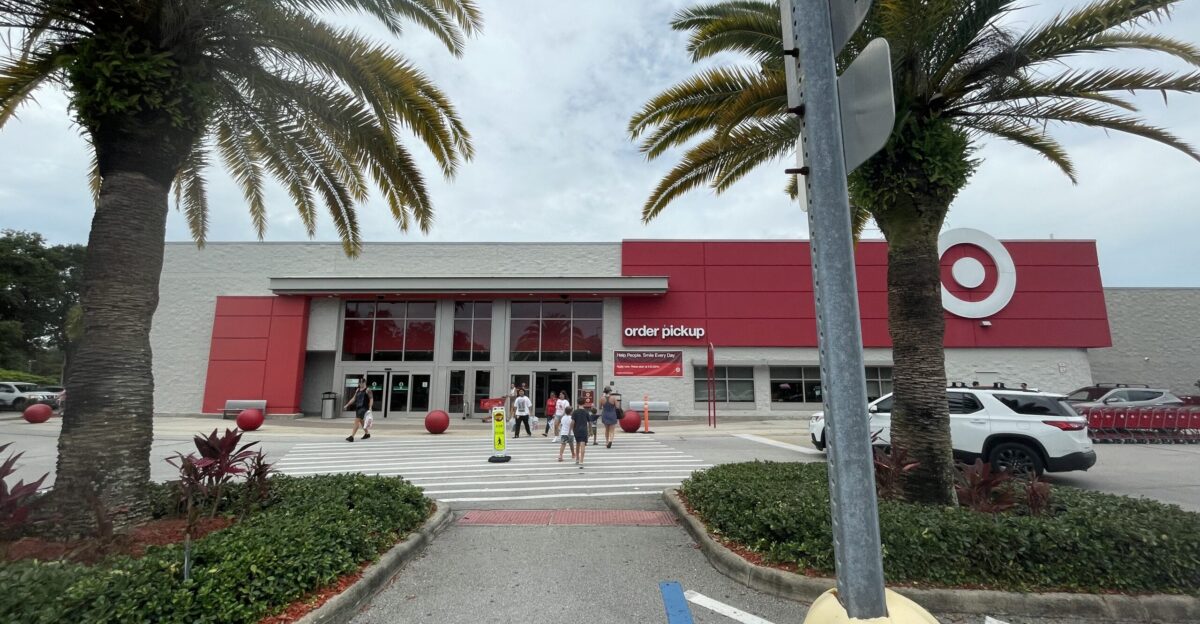
While Target’s management highlights the benefits of unity, some employees are voicing quiet resistance against the return-to-office mandate. “We made sacrifices to meet expectations during remote work,” an anonymous senior buyer commented.
This sentiment echoes through internal channels, where employees have reported a shift in company culture and a disconnect from leadership. Glassdoor reviews show a mild rise in discontent, suggesting that employee morale may be impacted over time.
Competitors Explore Alternatives
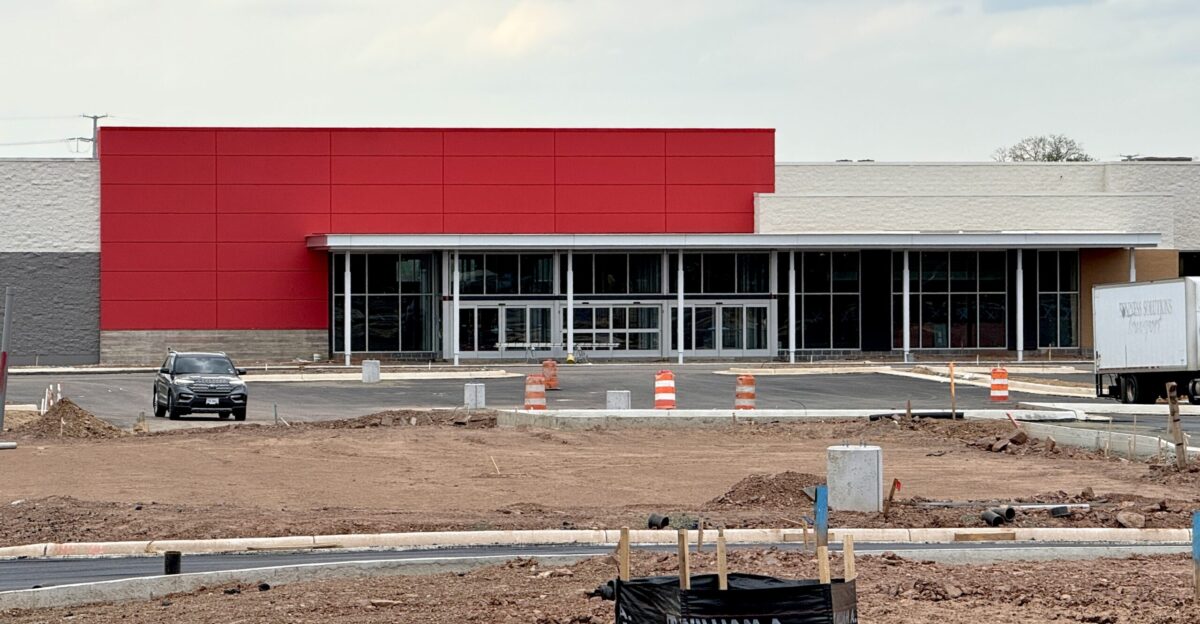
As Target firmly establishes its return-to-office stance, competitors take a more nuanced approach. Walmart has opted for region-specific flexibility that allows remote work for specific roles, while Costco plans to review in-person policies quarterly.
Analysts warn that Target’s aggressive posture could backfire. “It’s a game of returns on people and profit,” said Anne Gresham, a retail labor strategist, emphasizing the delicate balance companies must maintain between productivity and employee satisfaction.
A Generational Divide

The shift in workplace expectations reveals a generational divide. A 2025 Gallup survey found that 71% of Gen Z and millennial professionals prefer hybrid or fully remote work options. Yet legacy retailers like Target continue to lean heavily on traditional office structures.
This dissonance could pose challenges as younger workers increasingly demand flexibility in their work arrangements, creating a potential conflict between corporate policies and employee expectations.
Navigating the Future
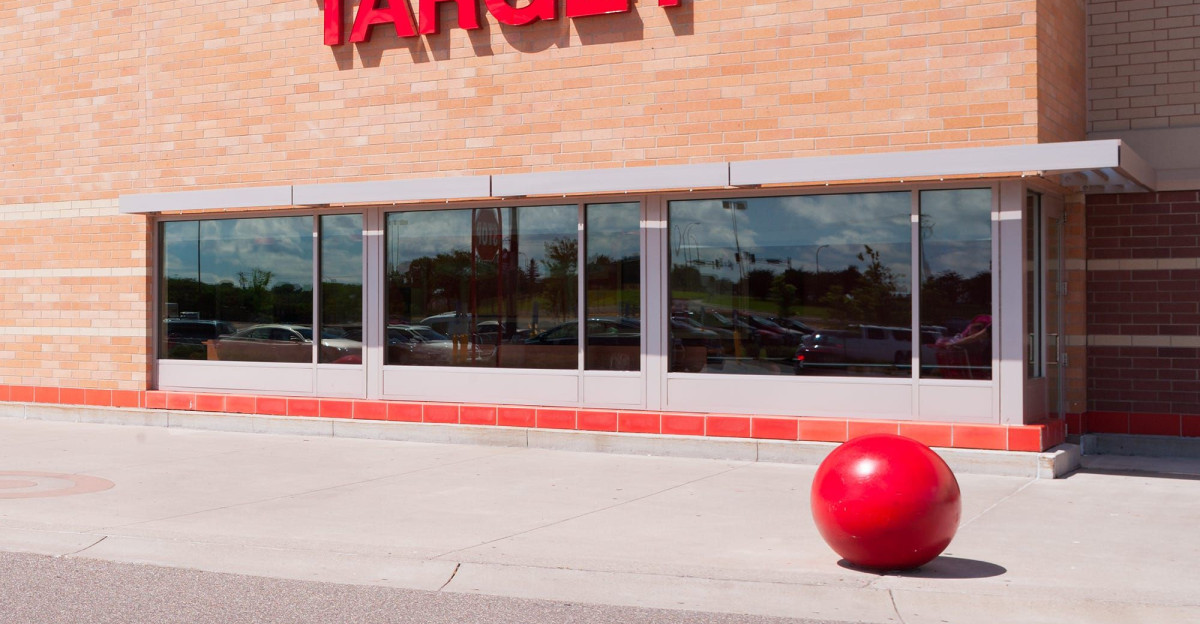
As Target navigates these turbulent waters, the stakes are high. The company’s decision to enforce stricter in-office mandates aims to re-energize collaboration and tackle ongoing challenges. However, the actual impact remains to be seen, with a labor market increasingly sensitive to such changes.
As one analyst put it, “How Target adapts in this new landscape could set the tone for the entire retail sector,” highlighting the significance of this moment for the brand’s future and workforce dynamics across the industry.